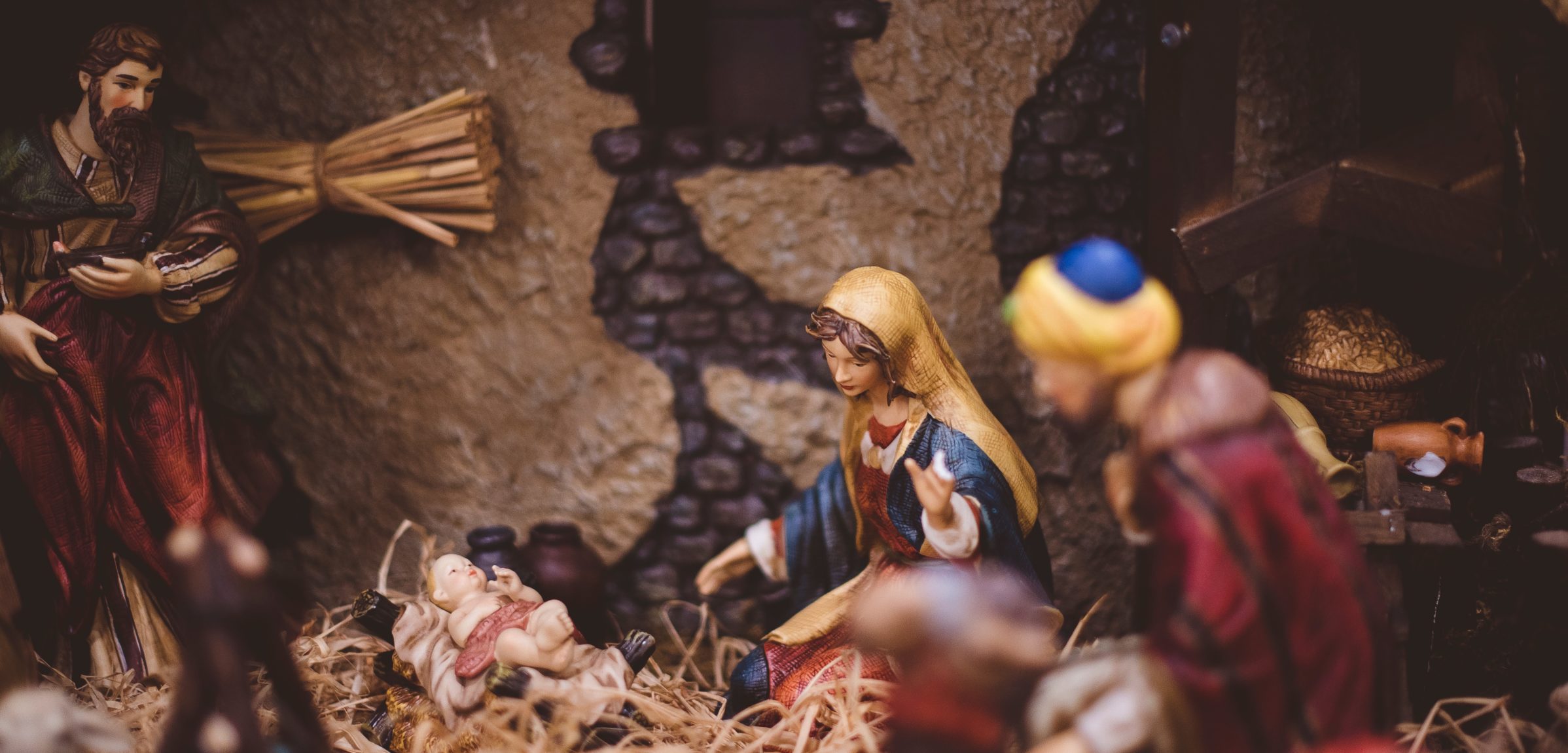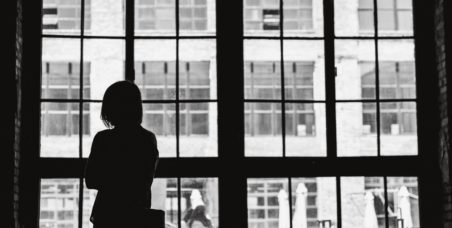It’s the most wonderful time of the year. And, as such, we will hear an annual airing-of-grievances around the annual Festivus Pole of social media, much of it about Christmas music. When is it too early to play it? Which is worse, “Santa Baby” or “Christmas Shoes”? Is “Baby It’s Cold Outside” really creepy once one pays attention to the lyrics? And, somewhere in all of that, someone will inevitably bring up the line: “There’ll be parties for hosting/Marshmallows for toasting; And caroling out in the snow/There’ll be scary ghost stories/And tales of the glories of Christmases long, long ago.” At this point, the typical question is, “Who in the world tells scary ghost stories at Christmas?”
Good question.
At first, I thought it was just a matter of a songwriter wondering what rhymes with “glories,” just as, when I was a child, I always suspected that a line in a hymn we sang about “who heals all our soul’s diseases” was really just there because there aren’t a lot of words that rhyme with “Jesus.” I didn’t think much about it until a few weeks ago when I was reading a new book on the Scottish writer George MacDonald by Wheaton College historian Timothy Larsen.
In his work George MacDonald in the Age of Miracles: Incarnation, Doubt, and Re-Enchantment, Larsen, briefly diverts for a moment to address the “scary ghost stories” of the classic song. Larsen writes that this popular culture artifact is actually a “trace of a memory” of some older, now lost, Christmas customs.
“If the medieval Christmas was more akin to New Year’s Eve, so the Victorian Christmas had affinities with our Halloween,” Larsen writes. “In particular, the Christmas season was a traditional time to tell ghost stories.”
Lest we forget, Larsen reminds us, one of the most famous Christmas stories of the era, Charles Dickens’ A Christmas Carol is itself a ghost story. And this work we all know well was just one of many ghost stories Dickens wrote for Christmas, including one called “The Haunted House.”
Now, this may seem strange and incongruous to us with our cultural snow-globe of Christmas expectations, but think of how future generations will try to make sense of “The Elf on the Shelf.” I can’t make sense of it now.
When these sheep herders told the tale of that night in the years to come, it must have sounded like a scary ghost story, one that started in terror and ended in the shock-and-awe of an expanse filled with glory.
For Christians, though, the scary tales shouldn’t really seem all that crazy in light of the Gospels’ accounts of the Incarnation. After all, the narrative of the birth of Jesus in Bethlehem is not a Hallmark Channel-style feel-good affair. Yes, a baby is born, and wrapped in swaddling clothes. But this happens over and against an enraged king enacting a serial killing of other babies in order to get to him (Matt. 2:1-18).
The wise men from the East are hardly the matter-of-factly stoic “We Three Kings of Orient Are” but are themselves accidentally pulled into the king’s murder conspiracy, and end up on the run too (Matt. 2:7-12).
Yes, “Angels We Have Heard on High” but their voices were hardly “sweetly singing o’er the plain.” When these mysterious beings manifest themselves to the shepherds, the Bible tells us, in the uncontested superiority of the King James Version at this point, “the glory of the Lord shone ‘round about them, and they were sore afraid” (Lk. 2:9). The first words from these beings’ mouths was what it virtually always is: “Fear not” (Lk. 2:10). Such does not need to be said by cuddly winged babies. When these sheep herders told the tale of that night in the years to come, it must have sounded like a scary ghost story, one that started in terror and ended in the shock-and-awe of an expanse filled with glory.
That’s completely congruent with what Christmas is all about. John told us that “The Light shines in the darkness, and the darkness has not overcome it” (Jn. 1:5). Even in his coming into the world, Jesus did not sidestep the darkness, the terror, of a world that is occupied by sin and death and the demonic. He walked right into that terror, and, with his own life and blood, upended it all. That’s good news.
Christmas is scary. Scarier than a ghost story. But Jesus is risen, and seated at the right hand of the Father. So it’s the most wonderful time of the year.
One of the songs that will often be derided this time of year is “Mary, Did You Know?” Someone each season will remark, “Yes, she did know; Gabriel told her.” I will not weigh in on that one, except to say that we could just as easily sing “Herod, Did You Know?” If the question is whether “This baby boy would one day rule the nations?” then the answer is, “Yes, yes he did.” And that’s why “he was troubled, and all Jerusalem with him” (Matt. 2:3). And, behind Herod, we can then sing, “Devil, Did You Know?” Oh yes. And that’s why he has “come down to you in great wrath, because he knows that his time is short” (Rev. 12:12).
Christmas is scary. Scarier than a ghost story. But Jesus is risen, and seated at the right hand of the Father.
So it’s the most wonderful time of the year. And the glories of Christmases long, long ago have nothing on the glories of the Easters awaiting us in the age to come.







